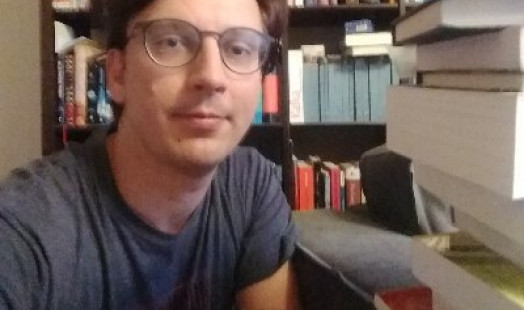Grants Open Science Fund 2021
Five of our IISG/HuC colleagues have been awarded an Open Science Fund 2021 grant! It concerns projects that focus on innovative ways of (open) publishing, sharing FAIR data as well as software, or projects that help drive the culture change needed to achieve open science.
Common Language for Accessibility, Interoperability, and Reusability in Historical Demography (CLAIR-HD)
dr. Rombert Stapel, dr. Rick Mourits, Bram van den Hout
HSNDB is one of the world's larger historical databases. The database contains millions of historical life courses and family relations from the Netherlands that were reconstructed from historical sources. Researchers have used these life courses for over 400 studies, which increasingly often use comparative research designs. With the support from NWO Open Science we will, therefore, start working on the integration of historical demographic datasets with data centres in Barcelona, Hong Kong, Minnesota, Tromsö, Budapest/Graz, Montreal, Salt Lake City, en Lund.
One of the biggest challenges in the transition to open science is making data interoperable. Normally, ontologies and vocabularies are used to describe data, but these are generally problematic for historians as existing ontologies and vocabularies are insensitive to temporal variations. Within history, the subdiscipline of historical demography is a forerunner in dealing with this problem, as it studies large-scale reconstructions of populations and life courses. Historical demographers have designed their own ontologies and vocabularies to standardize historical data. We aim to gather these schemes, so that we can standardize existing insights into a common language for historical (demographic) data.
FAIR reuse of SPARQL queries through open Web sharing
dr. Richard Zijdeman, Menzo Windhouwer, Bram van den Hout
Linked Open Data (LOD) is a way to connect any data across the Web. It is a simple and ‘open’ way of making data FAIR: Findable, Accessible, Interoperable and Reusable. When retrieving Linked Open Data however, we write SPARQL queries that are not FAIR, because there is no open way to share SPARQL queries. This proposal combines two existing technologies to store and share SPARQL queries in a user friendly way. By doing so SPARQL queries become FAIR too, allowing for replication of research, reuse of queries and collaborative query building by the community at large.








